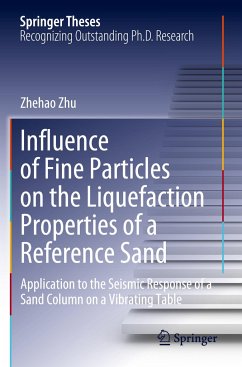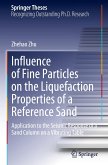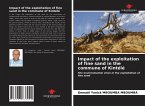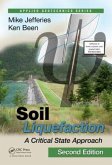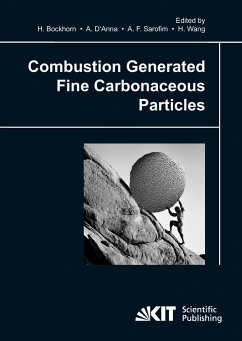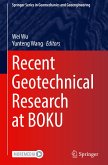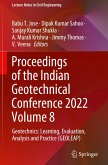Over the past thirty years, the liquefaction of sand containing a small amount of fine particles has become an engaging topic in the geotechnical community. Indeed, a great variety of field investigations revealed that the real liquefied soils are mainly composed of a host sand matrix and a small fraction of plastic or non-plastic fines. In this context, several series of monotonic and cyclic triaxial tests were performed to clarify the influence of these fine particles on the development of sand liquefaction. To get closer to in situ conditions, 1g shaking table tests were carried out with two different-sized model soil containers. The first one, small size, was essentially used to check the reconstitution and the saturation method. The second one, very large size, was manufactured to explore the sand liquefaction behaviour during base shaking in an almost actual engineering size. To numerically reproduce the sand liquefaction behaviour, the Dafalias model has been taken as an example and its input parameters were calibrated by an artificial intelligence method. An in-depth analysis of the proposed method was done with the elastoplastic theory.
Bitte wählen Sie Ihr Anliegen aus.
Rechnungen
Retourenschein anfordern
Bestellstatus
Storno

